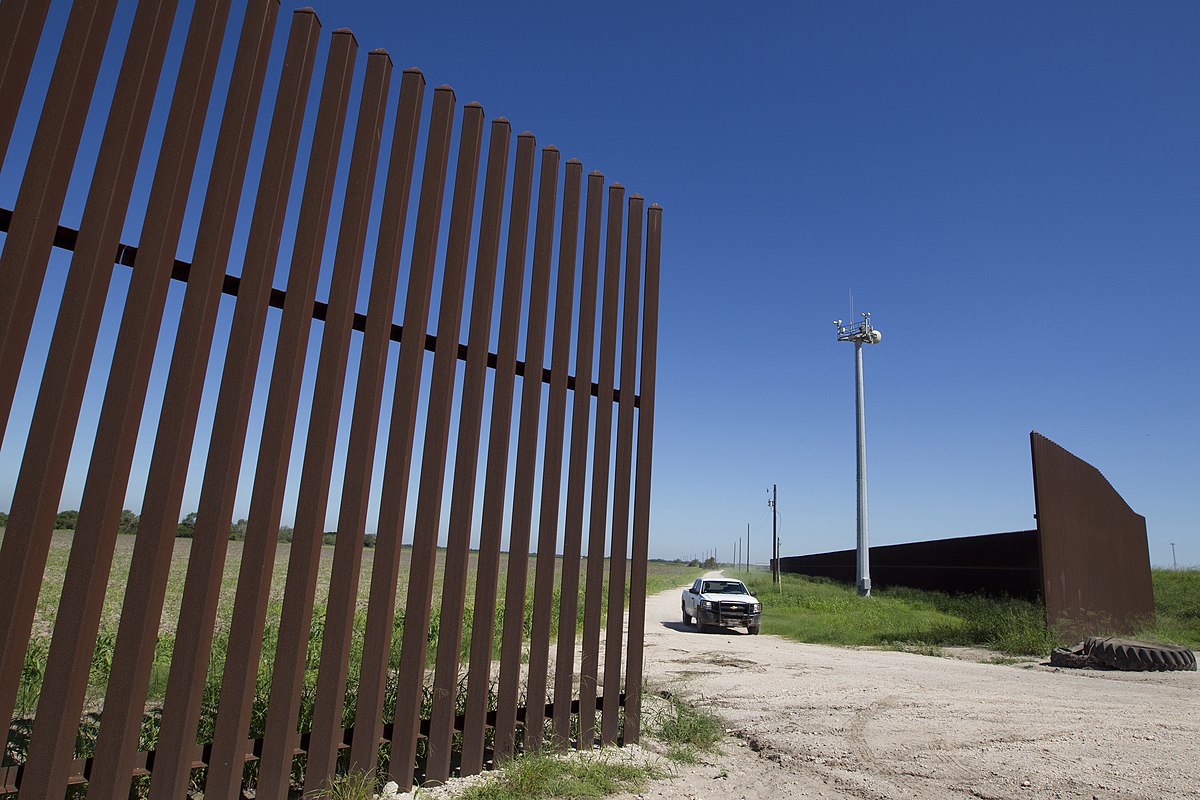- 14 3402-5578
- Rua Hygino Muzy Filho, 737, MARÍLIA - SP
- contato@latinoobservatory.org
 U.S. Customs and Border Protection
U.S. Customs and Border Protection
The survey conducted by The Associated Press-NORC Center for Public Affairs Research reveals a complex picture of Americans' attitudes toward immigration and security policies at the U.S. southern border. There is significant consensus on the need to strengthen border security and carry out targeted deportations, especially of immigrants convicted of violent crimes. However, the broader measures proposed by President Donald Trump, such as mass deportations and restrictions on the right to citizenship for children of illegal immigrants, generate divisions and meet resistance in part of the population.
Concern about immigration has been a central issue in American politics, intensified by the increase in illegal crossings during President Joe Biden's administration, which reached all-time highs. Despite the subsequent drop in these numbers due to stricter enforcement measures, the memory of this increase and the challenges faced by cities that received immigrants transported by Republican governors influenced public opinion, according to the Associated Press. Half of respondents believe that the government spends insufficiently on border security, which strengthens the demand for a stricter approach.
While a considerable portion of the population, 4 out of 10 American adults, advocates the deportation of all undocumented immigrants, another part, also 4 out of 10 adults, opposes this measure, reflecting a division in American society. In addition, the idea of removing the right of automatic citizenship for children of illegal immigrants does not find majority support, with only 30% of respondents showing themselves in favor of this constitutional change, with about 2 in 10 neutrals, and about half are somewhat or strongly opposed.
The survey also highlights Americans' ambiguous views on cooperation between local police and federal immigration authorities. While most agree that such cooperation should occur at least in some cases, few advocate an unrestricted approach, only 1 in 10 American adults. In addition, more drastic measures, such as arresting immigrants in churches and schools, are widely unpopular, even among Republicans.
The study points out that, despite the desire for greater control over immigration, there is a limit to what the population considers acceptable. Implementing harsh policies can generate resistance and controversy, reflecting a delicate balance between national security and humanitarian principles that shape the immigration debate in the United States.











